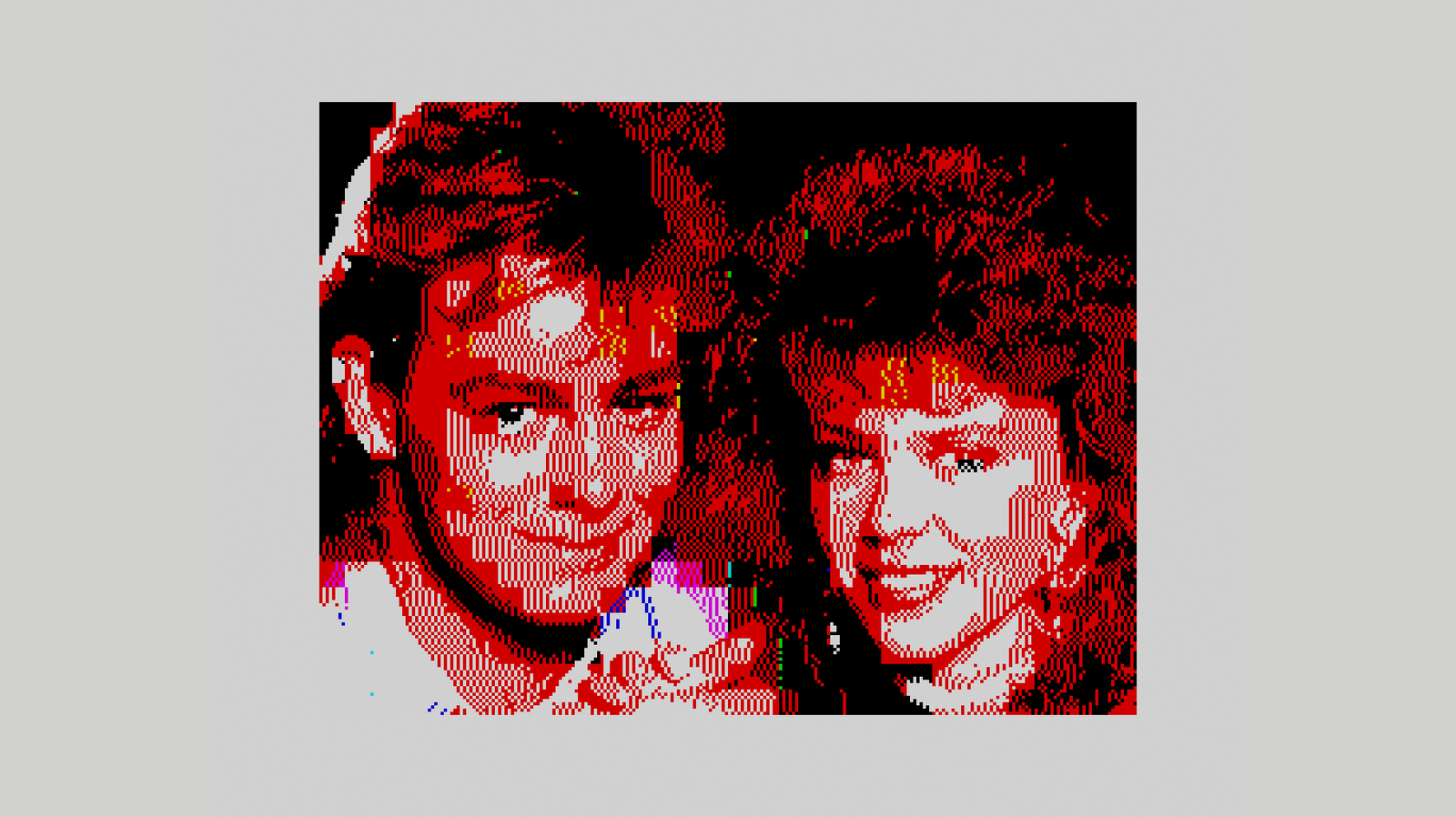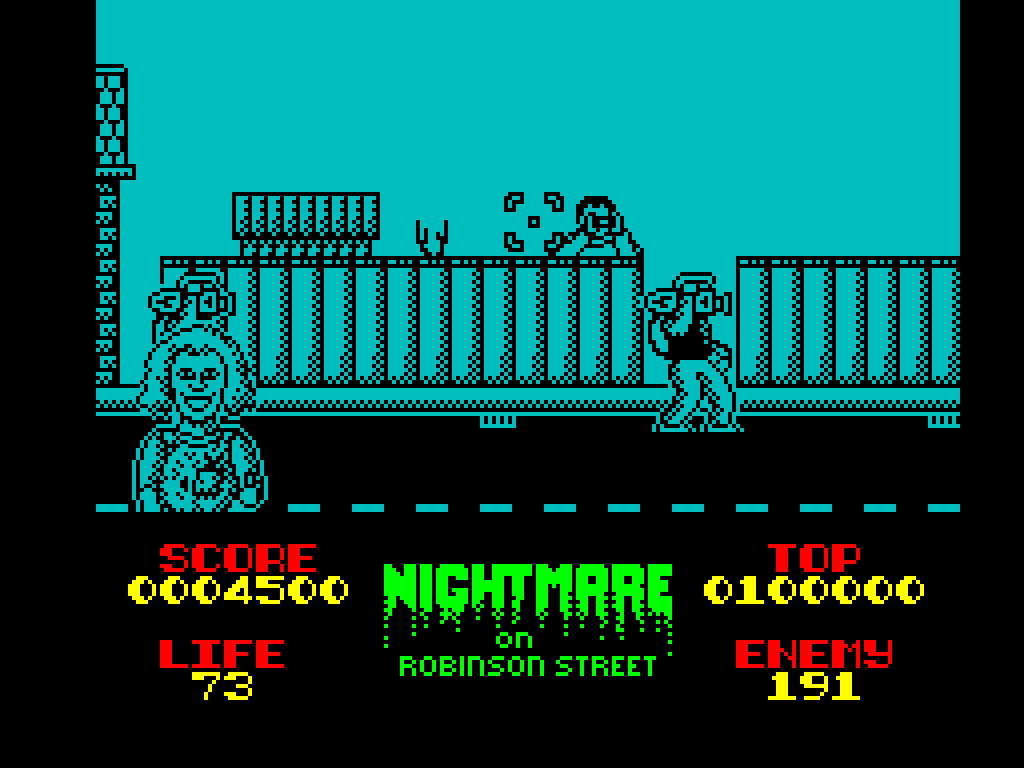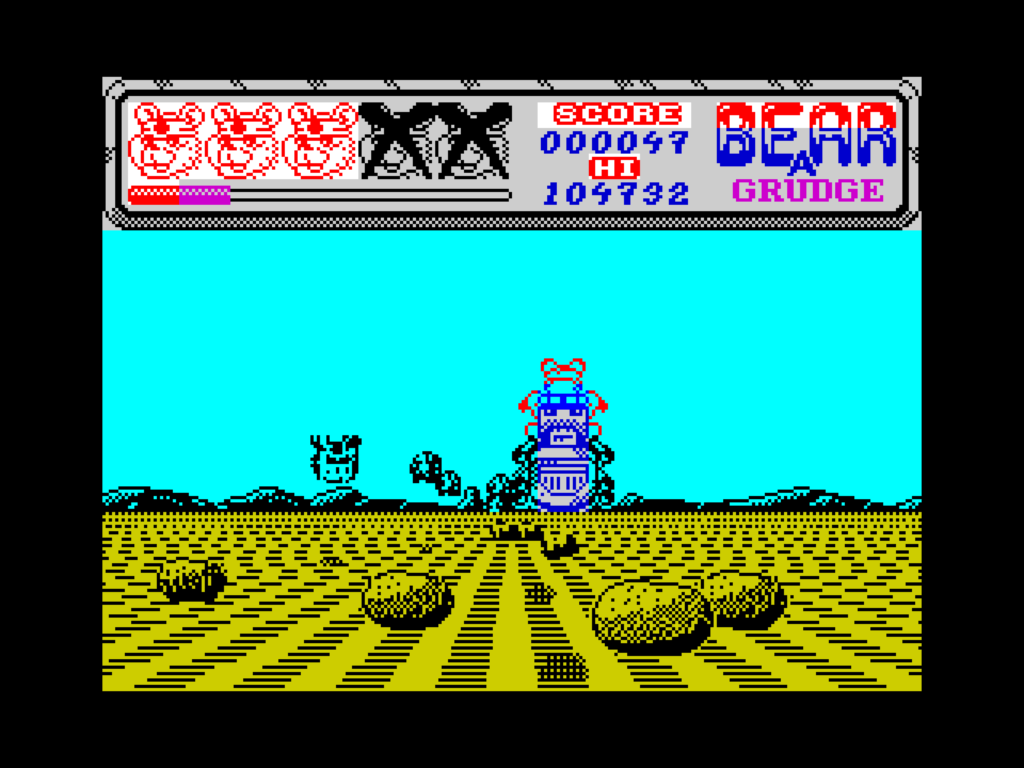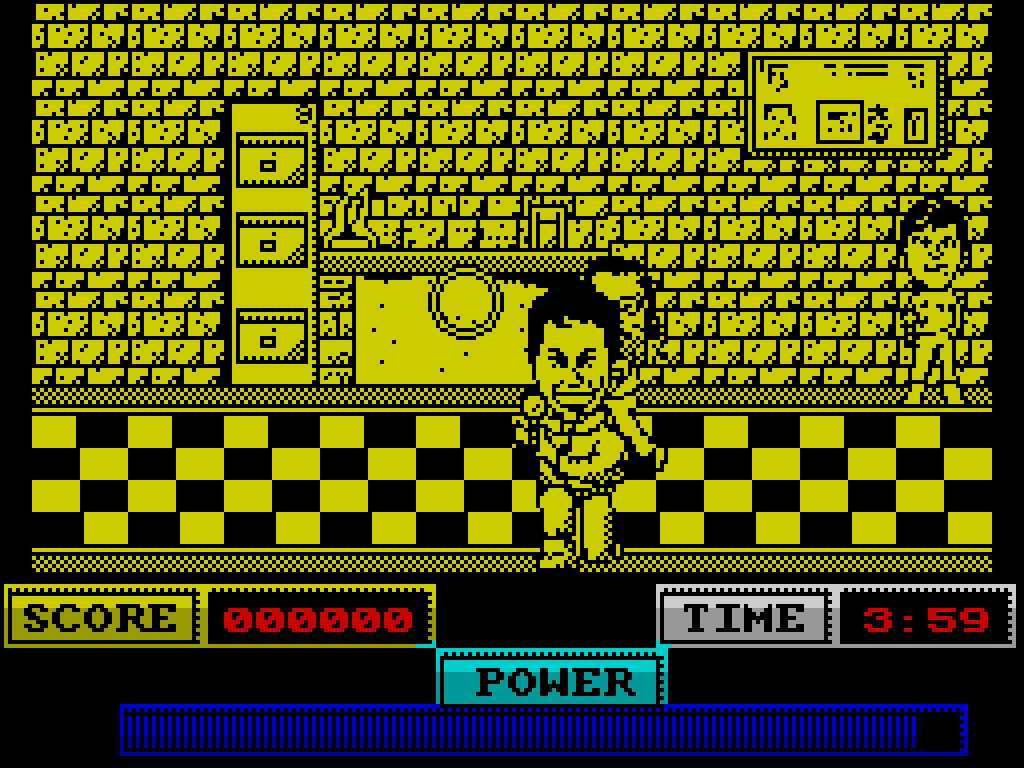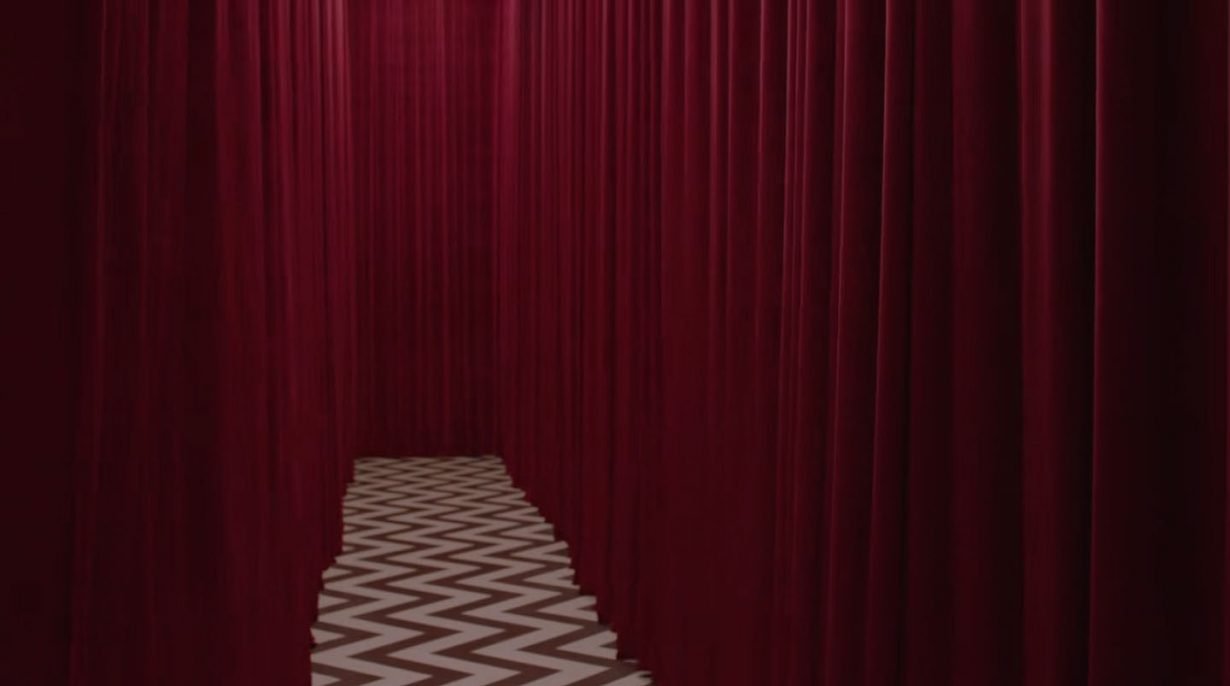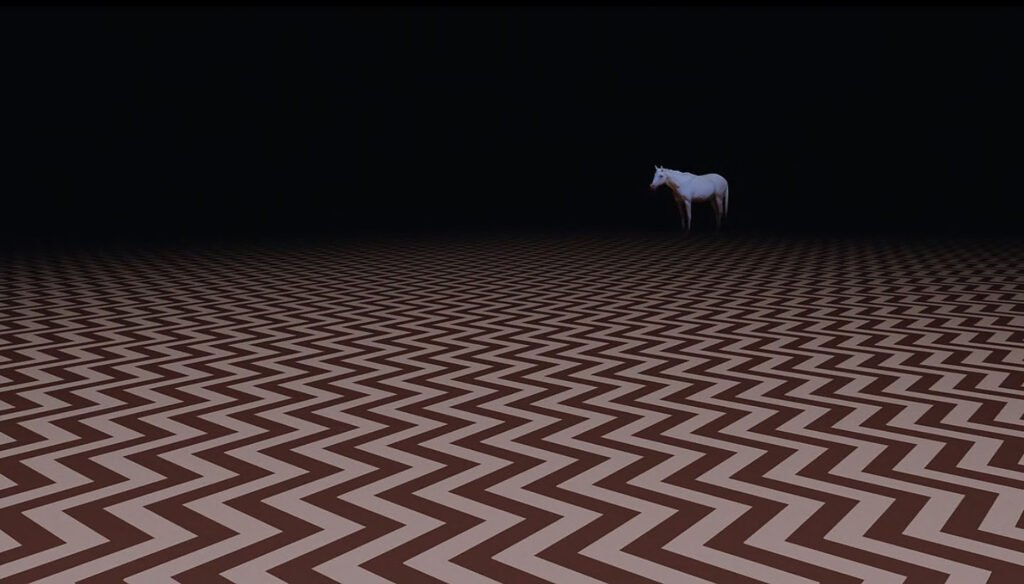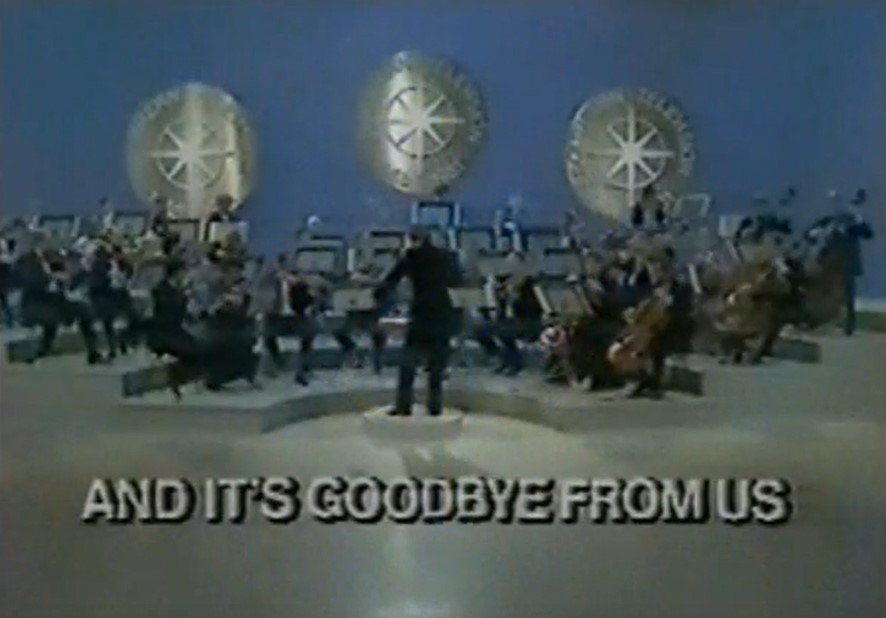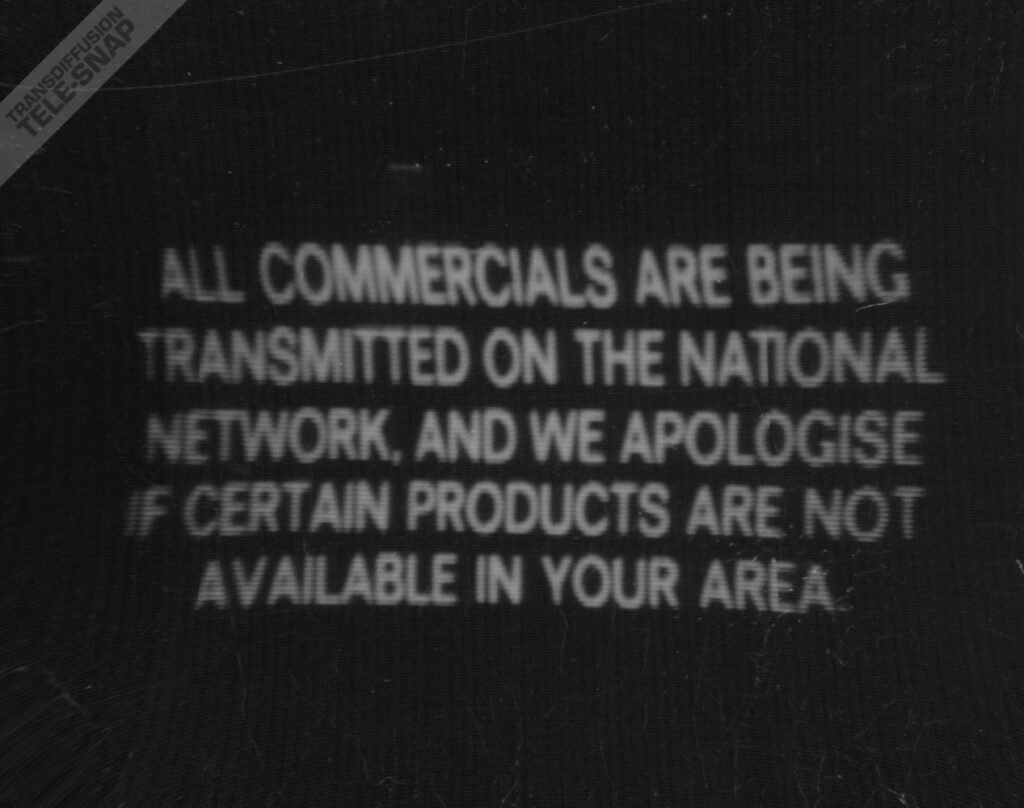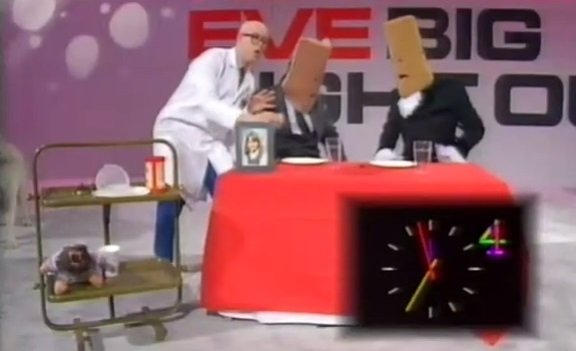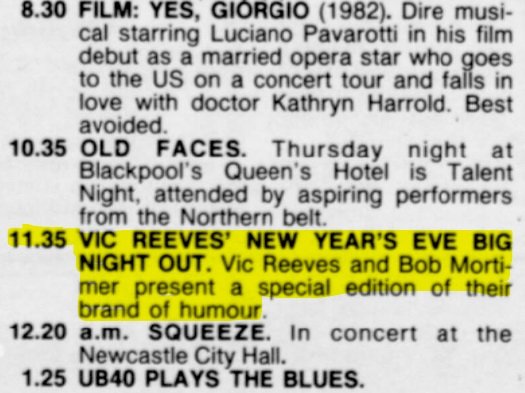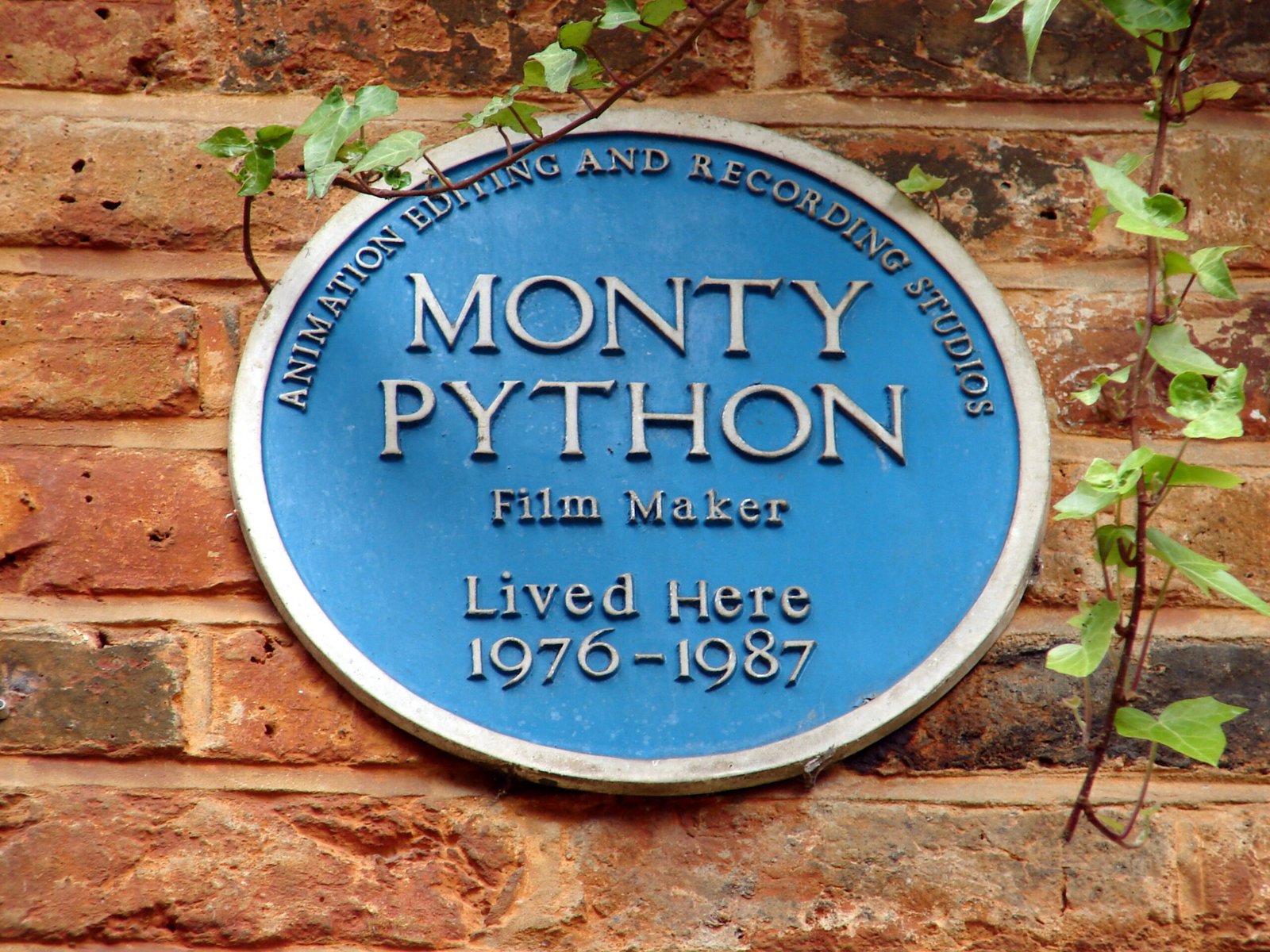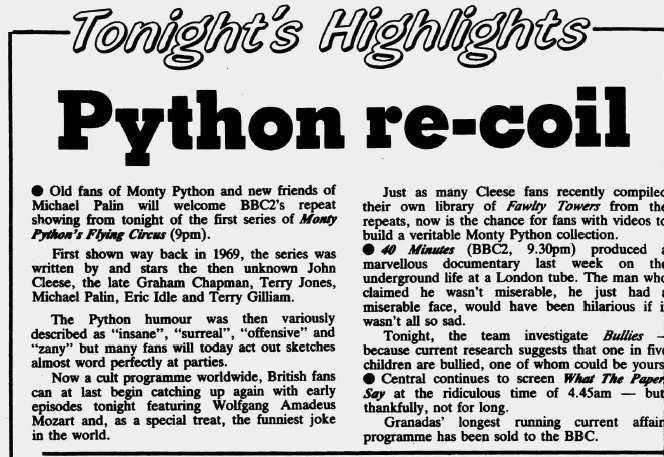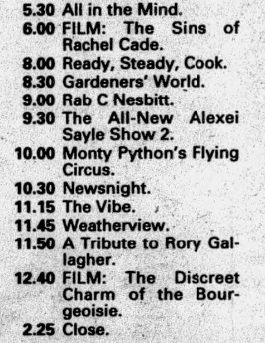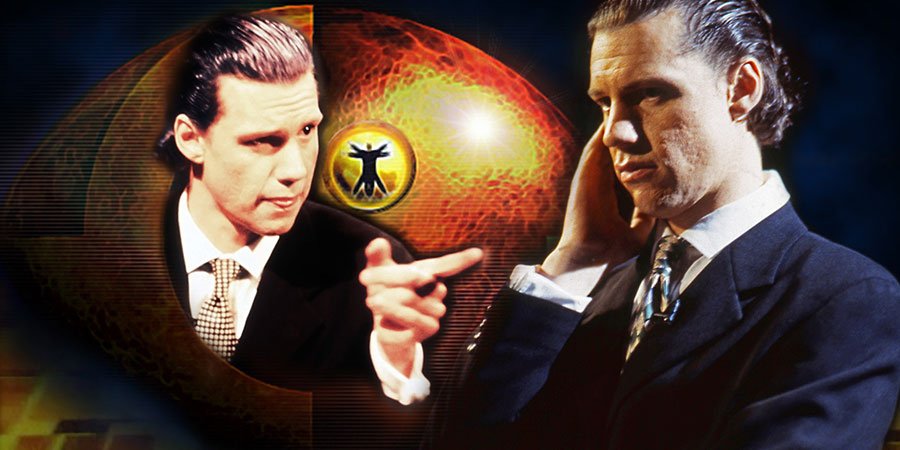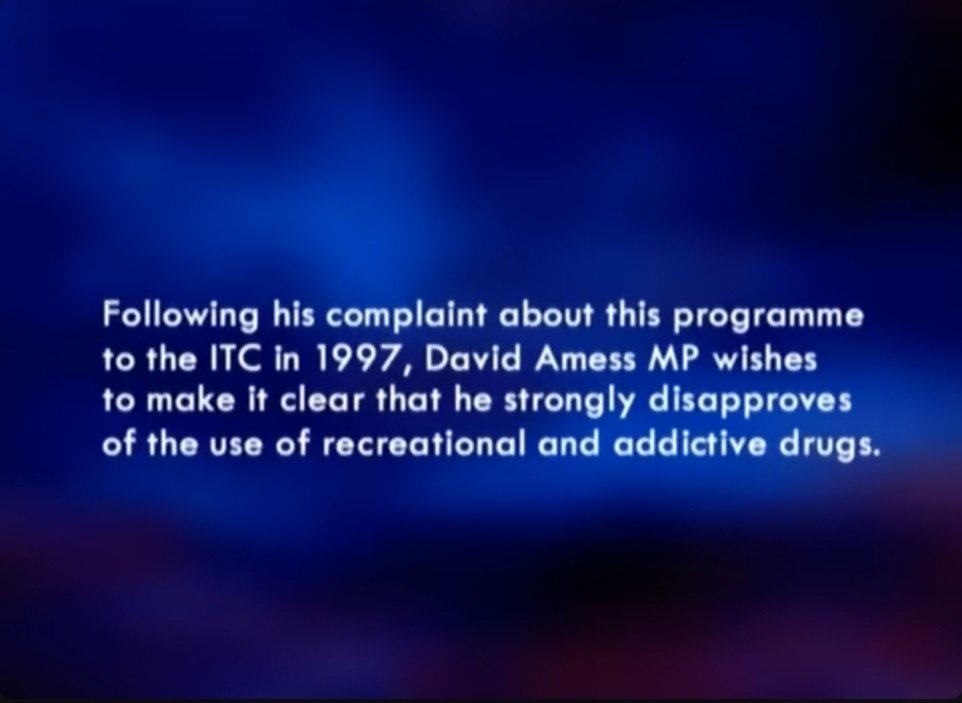“Howard Is Bald” is a record by the notorious grindcore band Anal C*** (as you can guess, those asterisks are not in their full name). Produced in an extremely limited edition of 53 7″ vinyl copies, it was recorded entirely on a boombox while the band were drunk.
There are no distorted guitars, drums, or typical metal vocals. There aren’t even any over the top offensive song titles or lyrics – which was the band’s main draw (and I don’t feel like copy-pasting any of them here, so you might as well swing by Rateyourmusic for that if you absolutely must). What you actually get is the band singing over various records karaoke style, playing pastiches of other songs using acoustic guitar (and a Casio keyboard preset), and semi-improvised spoken-word comedy.
The lyrical content of every single one of these tracks is about some bloke called Howard Wulkan, and how he’s bald. That’s basically it. This record is, without any doubt in my mind, the best thing AC (as I’ll be referring to them from now on) ever managed to make.
Simply from reading the lyrics to this, years before I actually got to hear it, I instantly recognised a very particular mindset. In the comedy sketch track “A Conversation With Howard Wulkan”, lines like “Hey, Howard, I was breathing oxygen today” are the same kind of deadeningly basic and non-starter attempts at heightening comedy that teenage boys use when improvising skits while trying to amuse themselves.
I can remember people I knew at school indulging in the same kind of dopey banter. I’d sometimes try to join in, and my results were feeble enough to pass. Even the way that the introductory dialogue is spoken and written has that same awkward feel.
AC were teenage boys who never grew up – they were adolescents well into middle age. They had pretty much no talent other than they could at least sort-of kind-of play guitars and drums, and if it hadn’t had been for the initial hang-on-lads-I’ve-got-an-idea of playing very very fast and incomprehensibly, no one would have ever noticed them in the first place.
Their music is frequently described as unlistenable. I wouldn’t describe it as that myself, but there are other bands who did the same kind of thing and managed to do it far better. The sole remaining USP of their music was their calculatedly offensive song titles and lyrics. It must be said that those lyrics don’t really count as for the most part they’re not even actually sung in any given track, and are merely printed in the lyric sheet to pointlessly flesh out the title’s conceit in much the same way as an article from The Onion does for a headline from The Onion.
When we attempt to take the music on their other utterly useless records on their own merits, it doesn’t match up to other groups in roughly the same field. Compare the majority of their stuff to actual grindcore bands, or for that matter “noisecore” groups, of which I prefer the latter. (Noisecore is best described as basically being pure chaos in metal / punk form.) Here’s a good example from Seven Minutes Of Nausea:
Secondly, the legendary Japanese group The Gerogerigegege, who are my personal gold standard for this kind of thing (when that band was being a noisecore band rather than making sound collages of piano and homeless people talking, or gluing octopus tentacles to cassette sleeves, which I also really like):
(Now, I know some people are going to get angry about me comparing grindcore and noisecore in an article about a grindcore band. My response is: I do not care.)
There’s something vital (and in Gero’s case, genuinely loopy) about those acts that’s missing from AC. Seven Minutes Of Nausea have a really strange sound for an extreme metal album in that particular record: scrappy and barely-distorted guitar twinned with a drummer falling down several flights of stairs. Meanwhile, the Gerogerigegege appear to be attempting to beat up their own instruments. On other Gero releases, they appear to be recording a jet engine at full throttle beside a Casio drum machine. By comparison, AC’s albums are just standard grindcore with titles informing the listener that something is “gay”.
But in the case of “Howard Is Bald”, all this doesn’t matter, as it’s something quite different – it’s a bunch of people yelling into a cassette recorder while a disco record plays in the background. It’s terrible, but a fascinating and enjoyable kind of terrible, a terrible that anyone who had a Walkman with a record button in the 80s or 90s (and happened to be either a child or teenager) will recognise.
This record is exactly like those old cassette tapes of friends just dicking about that you may have made in the distant past. In-jokes, singing over records, shrieking, yelling, banging on nearby instruments, poor quality comedy sketches. It’s the kind of stuff I was recording between the ages of about 3 to 16 (though the stuff I did had way more attempts at ripping off Monty Python).
Freed from having to produce some kind of actual original music, and with their shittier impulses taking a back seat for once, AC created a particularly fine example of a messing-around-on-a-cassette, made by overgrown teenagers. And compared with the hum-drum nastiness that makes up the rest of their output, it’s a shining gem in a minefield of dog turds.
This record presents the band, and especially frontman Seth Putnam, at their most okay-as-a-person-esque. Which is to say, they still all sound like a bunch of bell-ends, but it’s a type of bell-endry that is acceptable, even fun. They’re taking the piss out of someone who presumably didn’t give a shit about it and who would just laugh back at them, and all over something as childish as the deathless lyrical theme of “ha ha bald”.
It’s way easier to deal with than the jokes on their other records; the ones that reveal how much the men who made them subconsciously fear women, and how much they fear minorities, and all the other things they fear because they’re too thick to figure out how society managed to fuck their minds up so thoroughly and completely. (And that sound you heard just then was the noise of certain types scrambling to the comments section, discovering I’ve turned all the comments off, and proceeding to seethe.)
Yeah, they did have some kind of self-awareness (after a long, long string of songs called “[thing they hated] Is Gay”, they released a song called something like “Being In Anal Cunt Is Gay”), but they weren’t self-aware enough to realise the moral considerations and the difficulties of the tightrope you walk when you make such “gags”. It’s a lesson that a lot of American stand up comedians seem unwilling to learn.
It’s possible to make these kind of near the knuckle gags in such a way that ultimately lampoon and puncture the dreadfulness of the times you live in. For one example, the comedian and satirist Chris Morris made plenty of jokes that were beyond the pale in his various programmes and radio shows, but they were always tied to a fiercely moral outlook. With AC, such vile thoughts are used purely to generate a basic “ha-ha-they’re-different” laugh, and as a result they don’t get to get away with that.
Such twattishness is not entirely absent from this record – other than their sublimated horror at hair loss, the impression of Wesley Willis is possibly a bit dubious in the context of its producers. But for the most part, it’s easy to deal with. Like I said, it’s just a bunch of overgrown boys titting about. And it’s far more interesting to listen to than all their usual dopey blurs of sound. Anyway, there ends the sermonising.
Apparently the reason why only 53 copies of this record were made was that, according to frontman Seth Putnam, “it sucked so bad”. I beg to differ – it was the nearest he came to creating his band’s equivalent of “Revolver” or “Sgt. Pepper”. Well, maybe more “Live! at the Star-Club in Hamburg, Germany; 1962”.
Seth Putnam himself succumbed to illness after a long period of ill-health, and the band instantly fell apart when he died. Their long time guitarist, who had been with the band on-and-off since 1996 until their Putnam-croaking finale, went out in decidedly more spectacular fashion. From People Magazine, in 2018:
A 45-year-old man lost his balance and fell to his death at a Rhode Island mall on Monday night.
The man plunged to his death shortly after he was seen “clowning around and riding the rail of the escalator” a witness told authorities, according to a police report obtained by WPRI.
The man — who was later identified as Josh Martin, a veteran guitarist from the Massachusetts grindcore scene, by Pitchfork — fell from Providence Place Mall’s second floor around 10:45 p.m.
Martin landed in the mall’s food court, slamming his head on a table. He was treated for head trauma at the scene and was transported to Rhode Island Hospital by paramedics, where he was later pronounced dead, WPRI reports.
The Providence Police Department did not immediately respond to PEOPLE’s request to confirm Martin’s identity as the victim.
“It’s quite a big drop,” Providence Police Maj. David Lapatin told WPRI. “Anybody who has been to the Providence Place mall in the food court, you see the two escalators going up to the movie theater and Dave & Buster’s, you know how high that is.”
From what I recall reading at the time, his last words were: “Hey, check this out!”.
The record discussed here can be heard on this Youtube upload. An earlier version of this piece was published in 2018.


